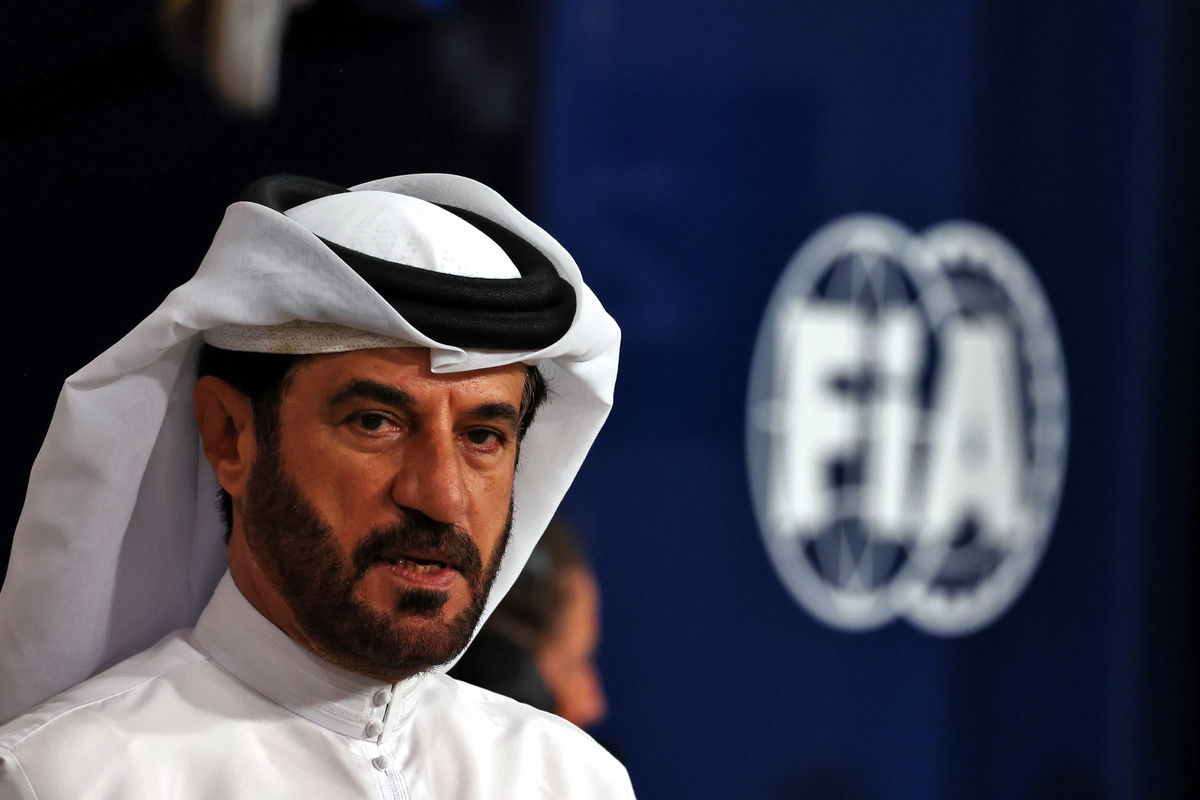

Niels Wittich vacated the position with immediate effect late last year ahead of the final two events of the 2024 season.
He was replaced by Formula 2 race director Rui Marques, who oversaw proceedings in both Qatar and Abu Dhabi.
Wittich had been in the hot seat since taking over from Michael Masi at the start of 2022, initially sharing the role with Eduardo Freitas.
While his departure was announced by the FIA as the German “stepping down … to pursue new opportunities,” he claimed he was axed from the position, telling Motorsport-Magazin “I have not resigned,”
Marques had been acting as Wittich’s deputy F1 race director while fulfilling the senior role for Formula 2 and Formula 3.
Ben Sulaymen has now revealed that the race director role will once again be split between at least two different people in 2025.
“Who and how many is a question we will know soon, in the next few days,” the FIA president told Sky Sports.
“But for sure there will be new blood and there will be more than one [race director]. That’s for sure.”
The FIA acknowledged the enormity of the race director’s role after Masi’s departure.
“The role of the Race Director is by nature demanding and high‐pressured,” it was noted in the FIA’s own report into the 2021 Abu Dhabi Grand Prix.
“However, a recurrent theme in the detailed analysis and clarification exercise was a concern that the number of roles and responsibilities of the Race Director that have accumulated over the years might be adding additional pressure to the role.
“Suggestions made by the F1 Commission, and those interviewed included that some of the Race Director’s responsibilities should be divided and assigned to other persons to reduce the workload of the Race Director and allow them to focus on their key functions, including managing and controlling the race.”
That advice has been heeded with the creation of a remote operations centre in Geneva where support is offered to the race director.
New technology has also been introduced to eliminate the reliance on manual processes and eliminate the potential for human error.
In addition, the FIA has been working to build capacity in senior officials in a process that is now beginning to bear fruit.
“There have been people learning, there have been people working behind all the time,” Ben Sulayem claimed.
“You can’t just throw somebody into this big challenge. It has taken us more than two and a half years to get to what we are achieving now.
“Do we have the results? We will know the results when the season starts.”
The race director oversees the on-track activities to ensure the race is safe and in accordance with the regulations.
While arguably the highest-profile FIA role at an event, the race director does not have carte blanche and is beholden to the sport’s regulations and governance framework.
It is not the race director that hands out penalties, for instance, with rule breaches passed on to the stewards who investigate and penalise where necessary any breach of the sporting, technical, and financial regulations and the underlying International Sporting Code.





















Discussion about this post